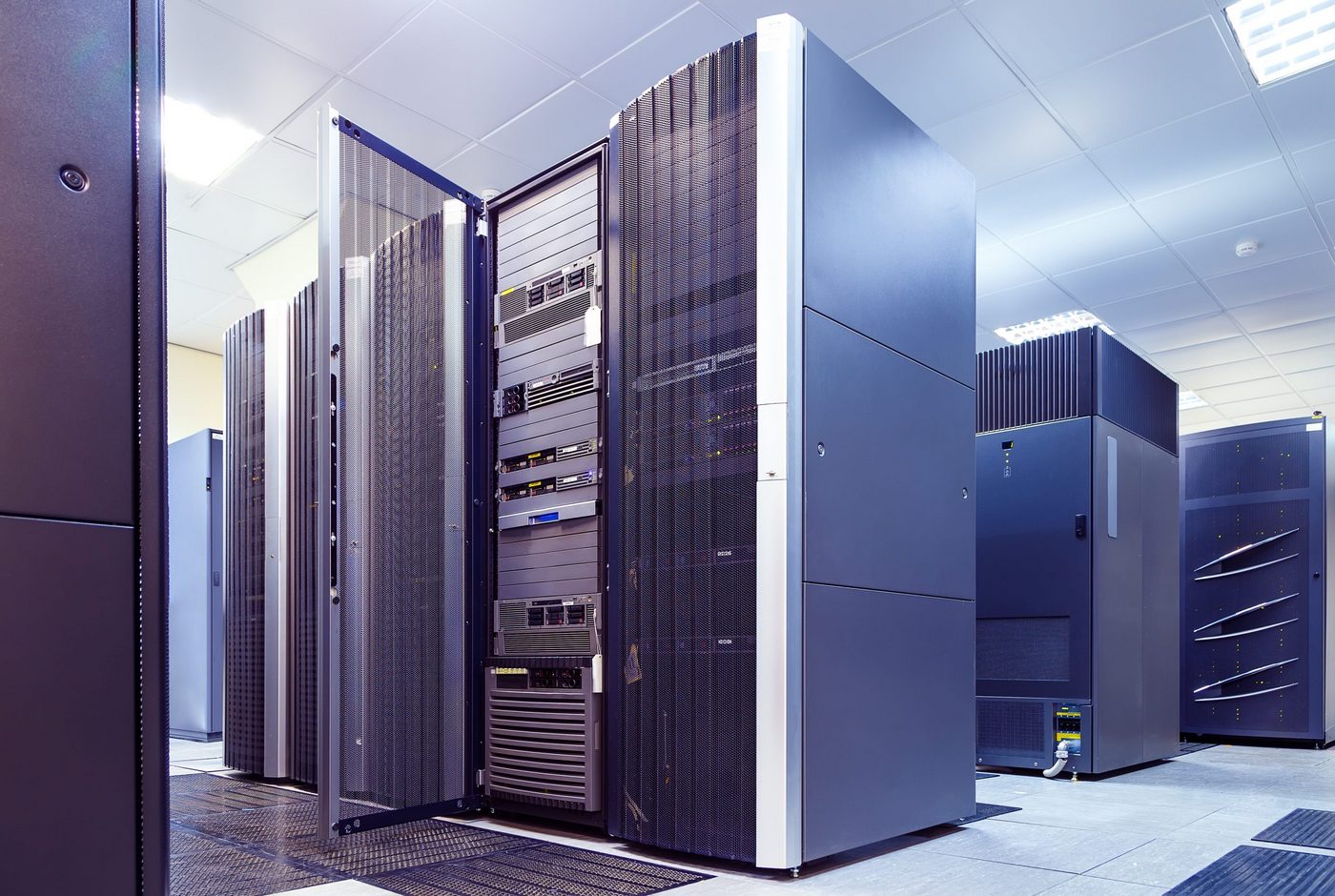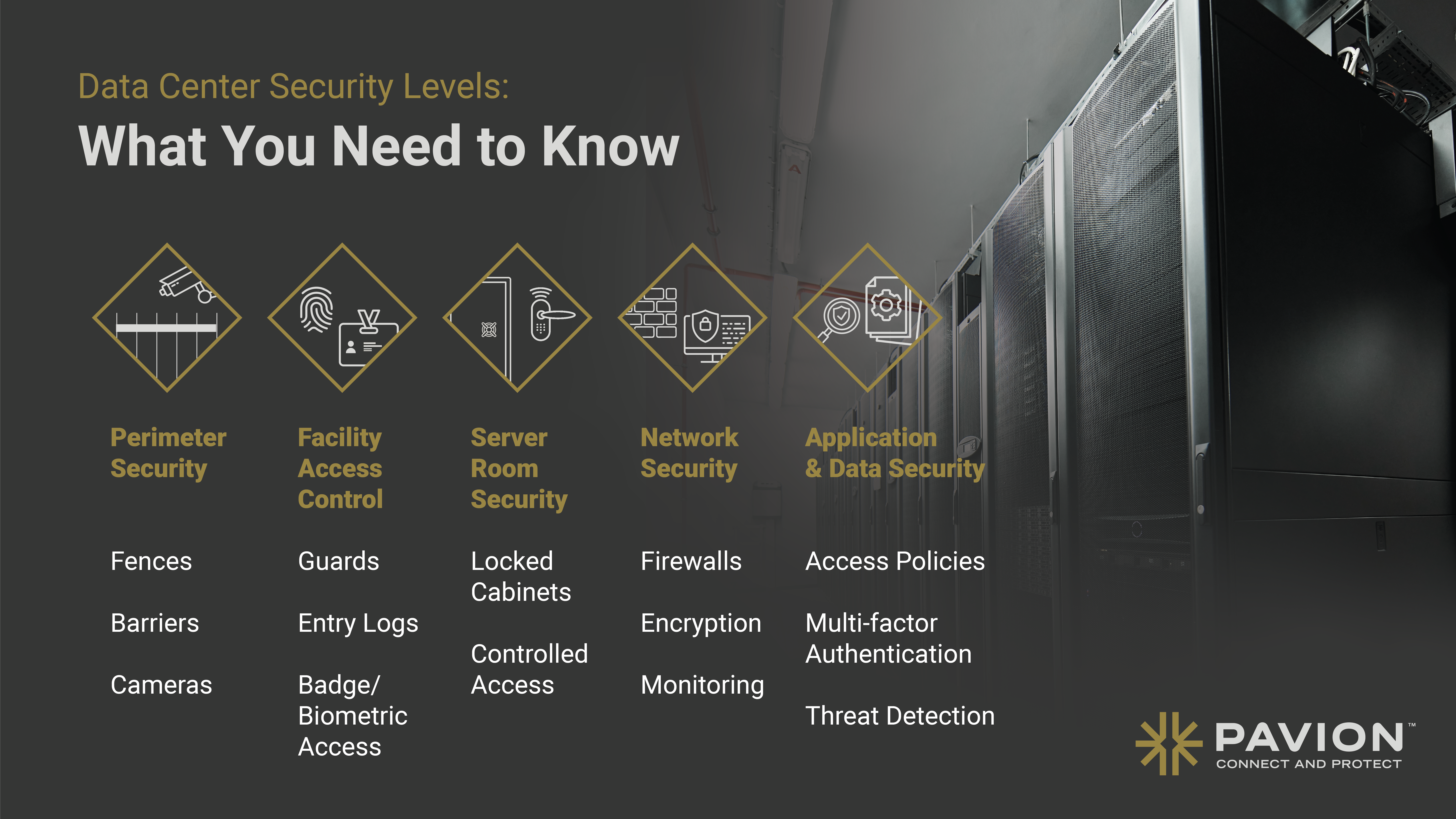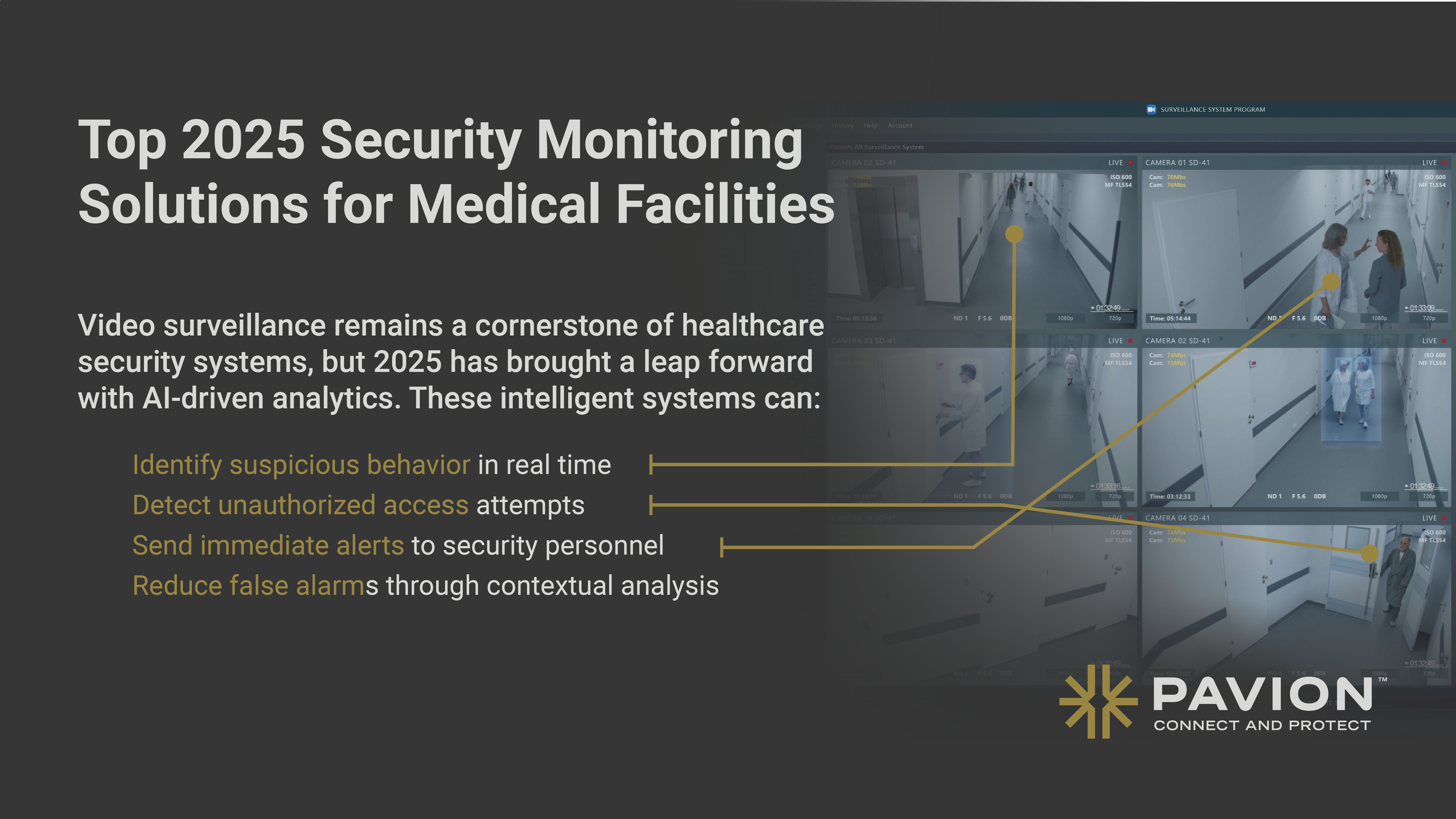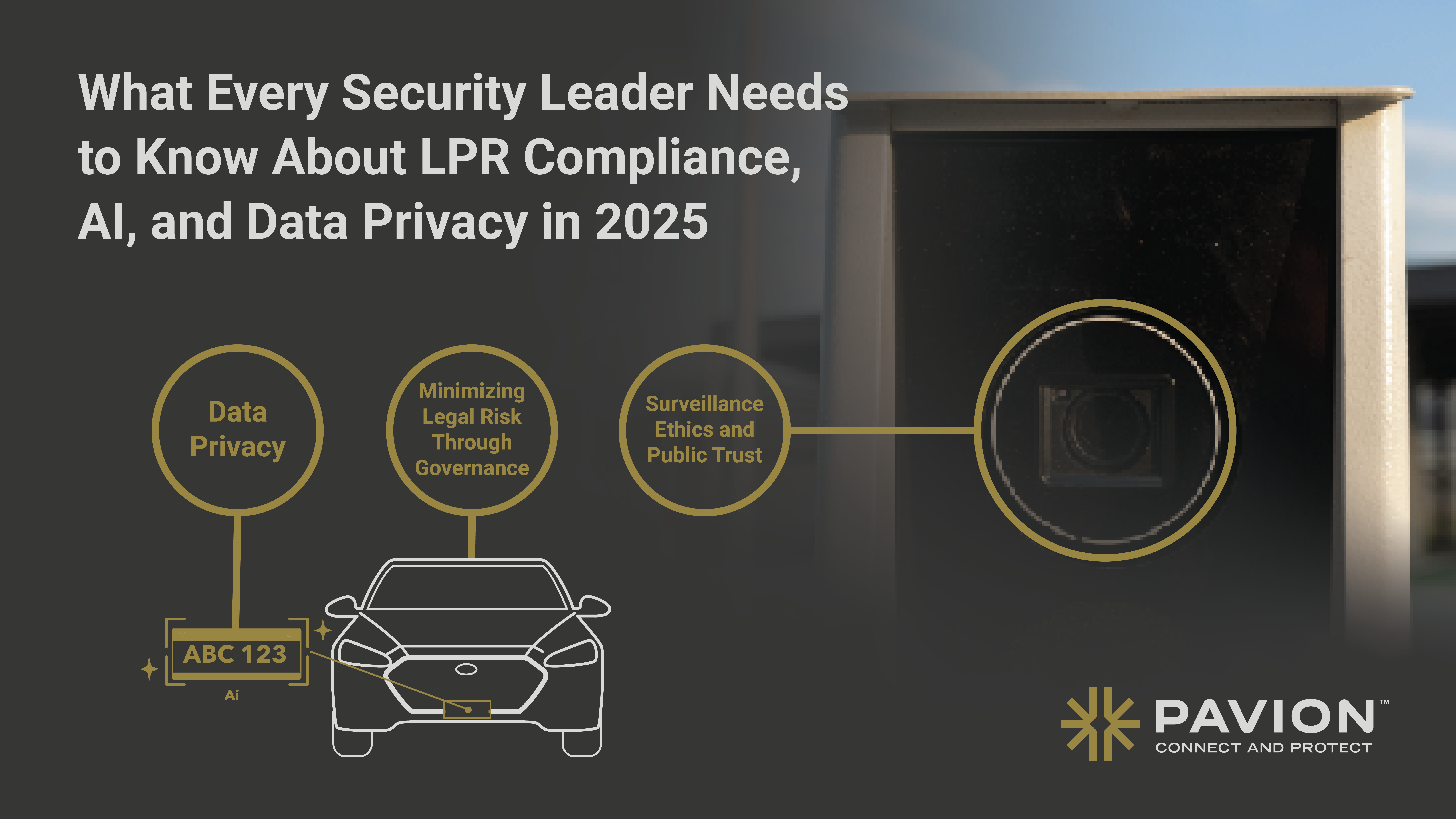
A Comprehensive Guide to Securing Data Centers: Protecting Sensitive Data with Robust Security Systems
In today’s digital age, data centers play a crucial role in storing and processing vast amounts of sensitive information. However, this valuable data is constantly at risk from breaches and unauthorized access. The importance of robust security systems for data centers cannot be overstated. This guide will provide an overview of various security systems that can enhance the security of data centers and protect sensitive data from potential threats. The data breach can cause a company to lose credibility with their customers which can lead to more financial losses beyond just any closure of business while the breach is assessed.
Data centers are the backbone of modern businesses and organizations, housing critical infrastructure and storing vast amounts of data. Whether it’s financial records, customer information, or intellectual property, data centers hold valuable assets that need to be protected. The consequences of a data breach can be severe, leading to financial losses, reputational damage, and legal complications. Therefore, implementing comprehensive security measures is essential to safeguard the integrity, confidentiality, and availability of data.
Data breaches have become increasingly prevalent in recent years, with high-profile cases making headlines. For example, in 2019, Capital One experienced a massive data breach that exposed the personal information of over 100 million customers. The breach resulted in significant financial losses for the company, as well as damage to its reputation. This example highlights the importance of robust security systems in data centers to prevent unauthorized access and protect sensitive data.
Importance of Data Center Security
Sensitive data stored in data centers must be protected from breaches and compromises. Data breaches can have severe consequences, including financial losses, reputational damage, and legal repercussions. Comprehensive data center security measures are essential to ensure the integrity and confidentiality of data.
Financial losses are a significant concern when it comes to data breaches. The cost of recovering from a breach can be substantial, including expenses for forensic investigations, legal fees, customer notifications, credit monitoring services, and potential lawsuits. Moreover, organizations may also face regulatory fines and penalties for inadequate security measures. By investing in robust security systems, organizations can reduce the risk of data breaches and minimize the financial impact.
Reputational damage is another significant consequence of data breaches. When customer data is compromised, it erodes trust and confidence in the organization. Customers may choose to take their business elsewhere, resulting in a loss of revenue. Rebuilding a damaged reputation can be a challenging and time-consuming process. Therefore, implementing effective security systems is crucial to maintaining the trust and loyalty of customers.
Legal repercussions can also arise from data breaches. Many countries have data protection laws in place that require organizations to implement adequate security measures to protect sensitive data. Non-compliance with these regulations can result in significant fines and penalties. By implementing comprehensive security systems, organizations can demonstrate their commitment to data protection and ensure compliance with relevant laws and regulations.
Types of Security Systems for Data Centers
Data centers employ various security systems to safeguard against potential threats. These systems include:
- Access control systems: These systems manage physical access to data centers, utilizing measures such as access cards and biometric authentication. Access control systems play a vital role in preventing unauthorized individuals from entering data center facilities.
For example, access control systems may use access cards to restrict entry to data center facilities. These cards can be programmed to grant access only to authorized personnel and can be easily deactivated if lost or stolen. Biometric authentication, such as fingerprint or iris scanning, provides an additional layer of security by ensuring that only authorized individuals can gain access to the data center. In many cases, it is suggested to have two-factor approval for entry to areas of concern, including a biometric aspect, to protect from a lost or stolen card allowing someone to enter the facility.
- Surveillance systems: CCTV cameras and real-time monitoring are utilized to monitor and record activities within data centers. These systems act as a deterrent against physical attacks and unauthorized access, enhancing the overall security of data centers.
For instance, data centers may have CCTV cameras strategically placed throughout the facility to monitor critical areas such as entrances, server rooms, and storage areas. The cameras capture real-time footage that can be monitored by security personnel to detect any suspicious activities. In the event of a security incident, the recorded footage can be used as evidence for investigation and prosecution. The video surveillance system can also send real time notifications when someone is in a higher classification area and the data center can use analytics to search for objects or people of concern.
- Intrusion detection systems: These systems use sensors, alarms, and network monitoring to identify and respond to potential security threats. By promptly detecting and responding to unauthorized access attempts, intrusion detection systems help mitigate the impact of security incidents.
Intrusion detection systems can be equipped with various sensors, including motion sensors, door/window sensors, and vibration sensors. These sensors are strategically placed throughout the data center to detect any signs of unauthorized access or tampering. Alarms and notifications are triggered when an intrusion is detected, prompting security personnel to respond immediately. Network monitoring tools are also utilized to detect abnormal network traffic patterns that may indicate a security breach. These systems can also include panic buttons so, if an ill-intentioned individual tries to force entry or control occupants, the panic button, often triggering a silent alarm, can help return these individuals to safety.
- Fire suppression systems: Fire alarms, sprinkler systems, and suppression agents are crucial components of data center security.These systems protect data centers from fire-related incidents and minimize potential damage.
For example, data centers are equipped with fire alarms that detect smoke or sudden increases in temperature. When a fire is detected, the sprinkler system is activated to suppress the flames and prevent further spread. Special suppression agents, such as gas-based systems, may also be employed to extinguish fires without causing damage to sensitive equipment. These fire suppression systems are designed to minimize downtime and protect the valuable data stored in the data center.
- Environmental monitoring systems: These systems maintain optimal conditions within data centers by monitoring temperature, humidity, and water leakage. Proactive monitoring helps prevent equipment failures and potential data loss.
Environmental monitoring systems continuously monitor the data center environment, ensuring that conditions such as temperature and humidity are within acceptable ranges. If any deviations are detected, alerts are triggered, allowing IT staff to take corrective actions promptly. Water leakage detection systems are also utilized to identify and address any potential water leaks that could lead to equipment damage and data loss. By proactively monitoring the environment, data centers can prevent costly equipment failures and ensure the availability of critical systems.
In conclusion, data center security is of paramount importance in today’s digital landscape. The increasing risks and potential consequences of data breaches necessitate the implementation of robust security systems. Access control systems, surveillance systems, intrusion detection systems, fire suppression systems, and environmental monitoring systems all play crucial roles in safeguarding data centers from unauthorized access, physical attacks, and environmental hazards. By investing in comprehensive security measures, organizations can protect sensitive data, mitigate risks, and ensure the continuity of their operations.


